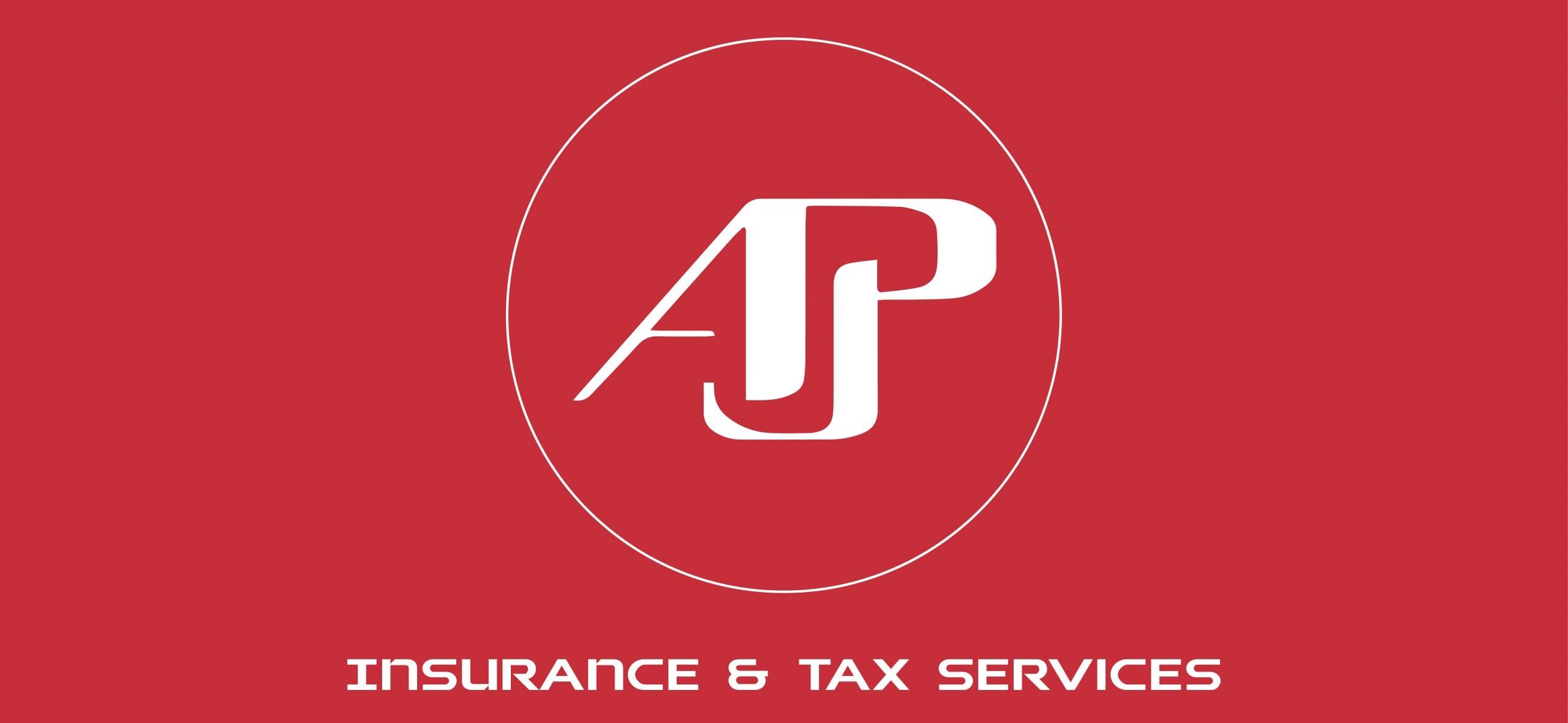
Financial Wellness Month – January
As we kick off 2025, it’s the perfect time to take stock of your financial health — especially since January is Financial Wellness Month. To help you start the year on the right foot, I’ve put together a few key tips and updates that may make a significant difference in your finances this year.
- Take Note of the 401(k) Automatic Enrollment Under SECURE 2.0: Starting in 2025, SECURE 2.0 mandates automatic enrollment in 401(k) and 403(b) plans, with some exceptions for small businesses. This aims to increase participation, which benefits employees and employers through tax advantages and enhanced employee retention. Eligible participants will be automatically enrolled but can choose to opt out.
- Plan for Higher Retirement Account Catch-Up Contributions: Individuals aged 50 and older can make catch-up contributions to their retirement plans within specified limits. Starting this year, SECURE 2.0 significantly raises these limits for those aged 60 to 63, allowing contributions of either $10,000 or 50% more than the standard catch-up amount, whichever is greater.
- Prepare for Potential Tax Changes in 2026: Some experts are calling 2025 the “Super Bowl of tax law changes,” with the Tax Cuts and Jobs Act set to expire on December 31, 2025. This includes the reduction of individual income tax rates, increased standard deductions, the doubling of the child tax credit, and limits on various deductions like state and local taxes and mortgage interest. The alternative minimum tax will apply to more people after 2025 as exemptions revert to pre-TCJA levels, while the 20% pass-through deduction and increased estate tax exemption will expire. Additionally, international tax provisions like GILTI, FDII, and BEAT will become more restrictive.
- Enhance Your Health Savings: With health care costs rising, don’t overlook the advantages of a Health Savings Account (HSA). The 2025 annual HSA contribution limit is $4,300 for individuals with high-deductible health coverage (up from $4,150 in 2024) and $8,550 for family coverage (up from $8,300 in 2024).
- Leverage New Tech Tools: Start the year by exploring the latest financial tech tools designed to help you manage your money more effectively. Tehcnologies like budgeting apps can keep you on track throughout the year.
Financial Wellness Month is all about taking proactive steps to improve your financial health, and I’m here to support you in that journey. Whether you need help reviewing your current strategy or just have a few questions, feel free to reach out — I’m here to help.
Wishing you a financially fit 2025!
Categories: Blog
Tags: financial wellness
